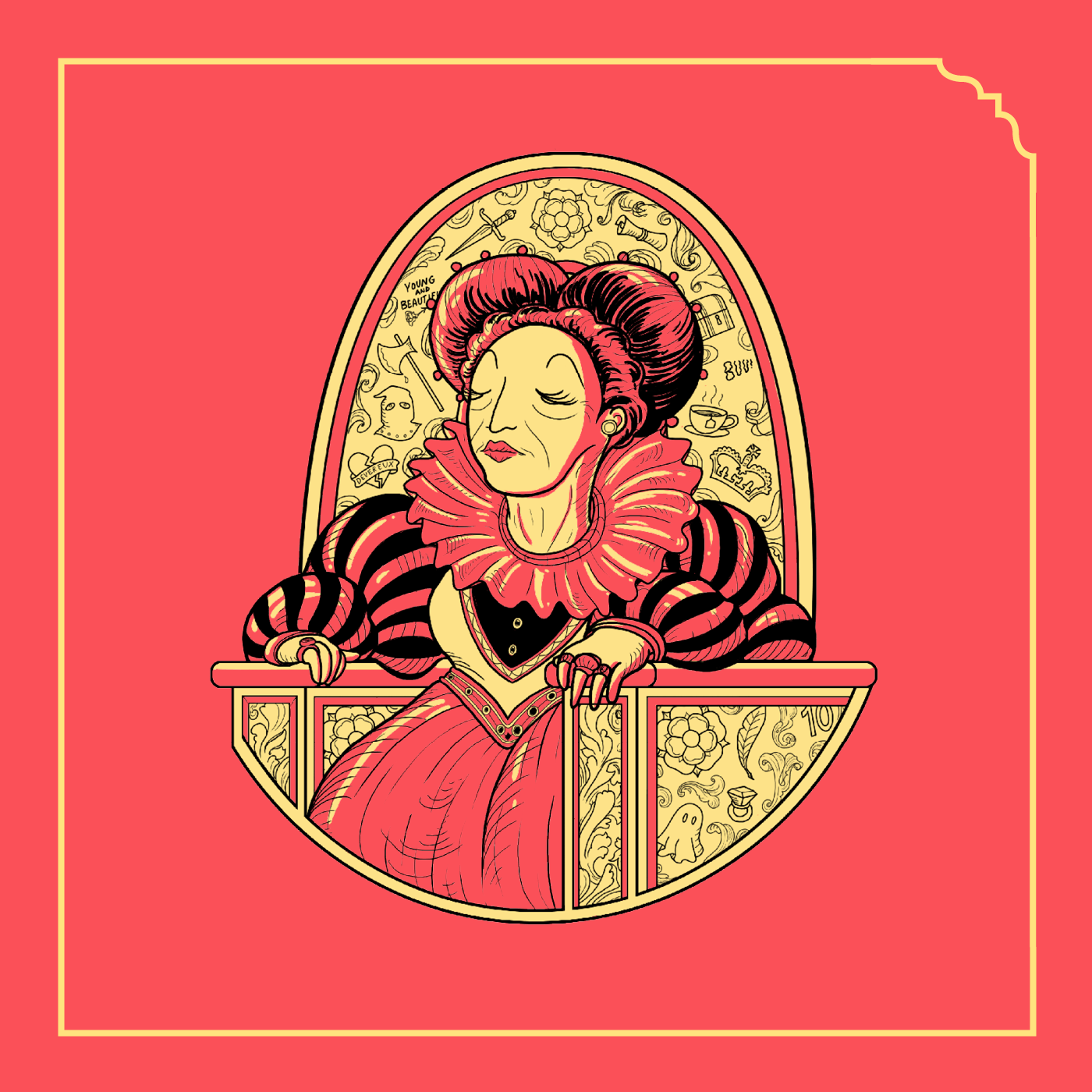

Roberto Devereux
Lyric Tragedy in three acts by Salvadore Cammarano
Music by Gaetano Donizetti
First performance: Naples, Real Teatro di San Carlo, October 28, 1837
Critical edition by Julia Lockhart © Casa Ricordi, Milan with the collaboration and contribution of the City of Bergamo and the Fondazione Teatro Donizetti
INTRODUCTION
The opera is titled male, but the real protagonist is Elisabetta. It is 1837, at the Real Teatro di San Carlo in Naples, and Gaetano Donizetti gives an exceptional part to one of his most beloved and brilliant performers, soprano Giuseppina Ronzi de Begnis, his “black muse,” a specialist in tormented, violent, delirious female characters. Two years after Lucia di Lammermoor, Salvadore Cammarano again stimulates Donizetti’s genius with a concise, compact and highly effective libretto, in line with what the composer proclaimed in a famous letter: “Voglio amore, che senza questo i soggetti sono freddi, e amor violento.” The work ends with a shocking scene of hallucinatory delirium that gives new dramatic meaning to the primadonna’s customary final rondo. In addition, the excellent Donizettian inspiration is also helped by the British setting, among those “Tudors” who had already impassioned him in three other operas, Elisabetta al Castello di Kenilworth, Anna Bolena and Maria Stuarda, and which is also reiterated in the brilliant symphony that explicitly quotes the English hymn God Save the King. Roberto Devereux is among the most significant titles in the production of the mature Donizetti and one of the most successful rediscoveries of the Donizetti-renaissance of the last century. At the Festival, it is entrusted by Donizetti Opera’s music director Riccardo Frizza and staged by a great Shakespearean director (the “real” Shakespeare was involved in the conspiracy of the Earl of Essex), Stephen Langridge, artistic director of the Glyndebourne Festival. On stage, four international bel canto stars such as John Osborn, Raffaella Lupinacci, Simone Piazzola and, in the incandescent part of Elizabeth, Italian-Australian soprano Jessica Pratt.
PLOT
London, “in the fall of the 16th century.” Elizabeth I feels neglected by Robert Devereux, Earl of Essex, with whom she is madly in love. Two of the queen’s advisers, Lord Cecil and Raleigh, Essex’s enemies, demand that he be charged with treason for his lenient behavior in the war against Spain. Elizabeth receives Robert, who shows himself cold and reserved. The Duke of Nottingham is also troubled by the sadness of his wife Sara, whom, unseen, he has caught sight of embroidering a blue scarf: he therefore confides in Essex, ignoring that his friend is himself in love with Sara. On a late-night rendezvous with the woman, Essex reproaches her for marrying Nottingham; Sara, on the other hand, chides him for wearing a ring on his finger given to him by the queen as a pledge of mercy in the event of his conviction. As a parting gift, Essex gives Sara Elizabeth’s ring, and Sara hands him the scarf.
Meanwhile, parliament has condemned Essex, despite Nottingham’s impassioned defense, whose turn it is to break the news to the queen. Nottingham asks for a pardon for his friend; Elizabeth then shows him the scarf found in Essex’s palace during the search. Discovering the truth, Nottingham asks to be allowed to fight a duel with his former friend, who is instead imprisoned in the Tower of London.
In Nottingham’s palace, Sara receives a letter from Essex informing her that he has been sentenced to death and that Elizabeth can pardon him only if the ring is brought to her. But Nottingham forces Sara to show him the letter and, feeling doubly betrayed, by his wife and his friend, orders that she be confined to the house. While in his cell Essex awaits pardon, in the palace of Westminster Elizabeth is prey to doubt and remorse: she does not want Essex to die, even if he loved another woman. Sara finally arrives with the ring, but it is too late: the cannon thunders to inform her that the sentence has been carried out. Furious, Elizabeth curses Sara when Nottingham arrives to inform her that she has deliberately delayed the delivery of the ring. Elizabeth promises them both torture; then, in her delirium, she believes she sees the specter of Essex, announces her imminent death and abdication, and, collapsing lifeless with the ring to her lips, declares James Stuart the new king of England.
Playbill
Conductor Riccardo Frizza Director Stephen Langridge Sets and costumes Katie Davenport Elizabeth Jessica Pratt
Lord Duke of Nottingham Simone Piazzola
Sara Raffaella Lupinacci
Roberto Devereux John Osborn
Lord Cecil David Astorga
and with the Donizetti Workshop students
Donizetti Opera Orchestra
Teatro alla Scala Academy Chorus
Choirmaster Salvo Sgrò New staging by the Donizetti Theater Foundation in co-production with the Social Theater of Rovigo
Duration
Act I 60 minutes
Intermission 20 minutes
Act II 60 minutes

